website: https://www.uni-konstanz.de/en
 Founded in 1966 as one of the reform universities, the University of Konstanz (UKON) is unique: an interdisciplinary approach, outstanding quality in research and teaching and involving students and young academics in research projects have been basic concepts from the beginning. Since 2007, the University of Konstanz is one of the top eleven research universities in Germany. While it is one of the smaller German universities with 11,268 students and 210 professors UKON is the number one German university for attracting third-party funding per capita of all academic staff. All departments maintain intensive teaching and research activities with other academic institutions in Europe and overseas.
Founded in 1966 as one of the reform universities, the University of Konstanz (UKON) is unique: an interdisciplinary approach, outstanding quality in research and teaching and involving students and young academics in research projects have been basic concepts from the beginning. Since 2007, the University of Konstanz is one of the top eleven research universities in Germany. While it is one of the smaller German universities with 11,268 students and 210 professors UKON is the number one German university for attracting third-party funding per capita of all academic staff. All departments maintain intensive teaching and research activities with other academic institutions in Europe and overseas.
The program is hosted at the Department of Linguistics, one of the top linguistics departments in Germany. Language acquisition and multilingualism is a particular strength within the department with 5 professors (Braun, Brehmer, Kaiser, Kupisch, Marinis) and their teams having an active agenda in language development and multilingualism. The department has been very successful in securing research funding for projects on language development and multilingualism, such as the EU funded project ‘Advancing the European Multilingualism Experience’ and it currently coordinates the project ‘The Multilingual Mind’ that provides interdisciplinary training on multilingualism to early stage researchers.
The department hosts the Centre for Multilingualism, a branch of the ‘Bilingualism Matters’ network. The Centre for Multilingualism brings together staff from several departments within the University as well as the Thurgau University of Teacher Education. Apart from conducting and coordinating research on multilingualism, the Centre for Multilingualism engages with stakeholders within education and health, as well as policy makers. Towards that end, the Centre for Multilingualism organizes training events for educators as well as dissemination events for academics and communication activities on multilingualism for the general public in the Konstanz region and beyond within the state of Baden-Württemberg.
The University of Konstanz provides teacher training through its Bachelor of Education, Master of Education, and Lehramt an Gymnasien programmes. Currently 1350 pre-service teachers are enrolled in these programmes. The Department of Linguistics provides pre-service teachers in these programmes with courses on multilingualism and language pedagogies/teaching strategies suitable for multilingual classrooms. Moreover, it offers since 2017 a rapidly growing two-year MA programme in Multilingualism.
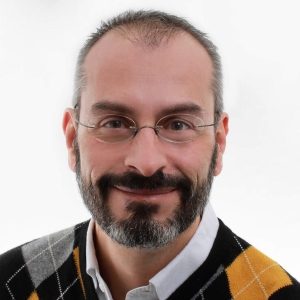
Prof Dr Theodoros Marinis
email: t.marinis@uni-konstanz.de
Theo Marinis is Professor of Multilingualism at the University of Konstanz and at the University of Reading. His research focuses on language acquisition and processing across populations of typically and atypically developing learners and aims to uncover the nature of language processing in typical and atypical language development. His research has been funded by research councils in the UK (Real-time processing of syntactic information in children with English as a Second Language & children with Specific Language Impairment), the Netherlands (Cross-linguistic study of the production and processing of grammatical morphemes in L2 children compared to children with Specific Language Impairment), and Germany (Non-Canonical Questions in Early and Late Bilingual Language Acquisition). As part of the COST Action IS0804 ‘Language Impairment in a Multilingual Society’, he led the development of the LITMUS Sentence Repetition tasks for multilingual children across a large range of languages. He is currently coordinating the EU project ‘The Multilingual Mind’ that provides multi-disciplinary training on multilingualism to early stage researchers in Europe. He is the Director of the Center for Multilingualism at the University of Konstanz.
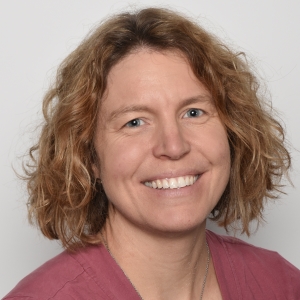
Ramona Baumgartner
Ramona Baumgartner is an academic staff member at the Centre for Multilingualism at the University of Konstanz (Bilingualism matters branch). She has extensive experience in the areas of teaching & educational training, research, project development & community outreach activities in the context of languages education and multilingual pedagogies in Konstanz and Melbourne. In 2020 she has been awarded an interdisciplinary grant to collaboratively develop digital modules on language sensitive teaching across the curriculum. Ramona Baumgartner’s work on linguistic awareness connects local partners, national and international insights with a particular focus on the European perspective in the ERUA (European Reform Universities Alliance) Higher Education Initiative.
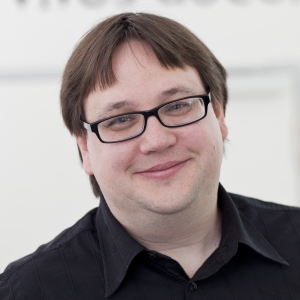
Prof Dr Bernhard Brehmer
Bernhard Brehmer is Professor of Slavic Linguistics at the University of Konstanz. His research focuses on heritage language acquisition with special emphasis on Slavic heritage languages. He studies the acquisition of different heritage languages in the same majority language environment and the acquisition of the same heritage languages in contact with different majority languages in order to disentangle language-internal developments from contact-induced changes. His research has been funded by different German research councils and was partly conducted together with colleagues from Poland (Polish-German child bilingualism: the role of age of onset for long-term achievement) and Russia (Russian in Germany across generations). He has also been involved in interdisciplinary projects looking at benefits of multilingual children in the classroom.
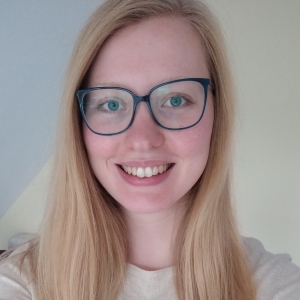
Elisabeth Süß
Elisabeth Süß is an academic staff member and a PhD student at the University of Konstanz. She completed her Research Master’s degree in Linguistics and Communication Sciences with a focus on Psycholinguistics and Bilingualism at Radboud University, Nijmegen, the Netherlands in 2019. In her PhD project, she studies auditory cognate processing in bilingual children and adults to find out more about factors influencing lexical access in bilinguals in the auditory modality. Her main research interest is word and sentence processing in multilingual children and adults (e.g., bilingual lexical access, L2 speech perception and production, accentedness of L2 speech, novel word learning, individual differences in L2 acquisition, quality and quantity of input).
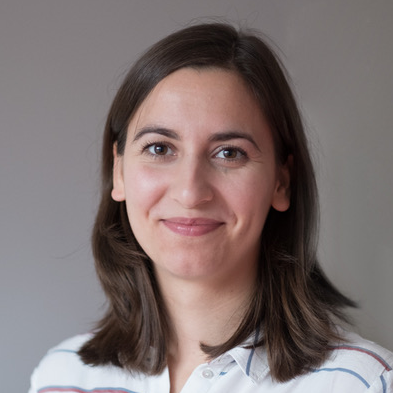
Angelika Golegos
Angelika Golegos is an academic staff member and a PhD candidate at the University of Konstanz. She completed her Master’s degree in Multilingual Educational Linguistics at the University of Hamburg. Her research focuses on language acquisition and language processing in monolingual and multilingual populations. In her PhD project, she investigates the resolution of pronouns across monolingual and bilingual speakers of German and Greek, with a special focus on child first language acquisition. She is part of the DAAD funded research project German-Greek toolkit for Theory of Mind and Language in Autism (MiLA) and a member of the Centre for Multilingualism at the University of Konstanz. Apart from her scientific work, she is conducting training sessions for educators on how to foster language development in multilingual children.
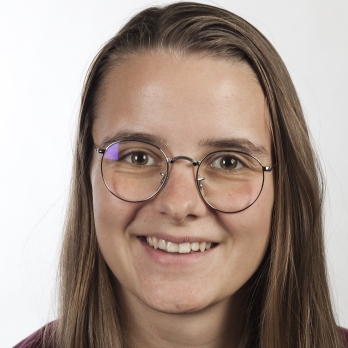
Kaja Gregorc
email: kaja.gregorc@uni-konstanz.de
Kaja Gregorc is a staff member and a PhD student at the department of Linguistics, University of Konstanz. She completed her bachelor’s and master’s degree in Linguistics and Multilingualism also at the University of Konstanz. Since 2016, she has been actively involved in research and the organization of events for different audiences interested in multilingualism at the Centre for Multilingualism. Currently, she is the communication and dissemination manager for the EU funded project The Multilingual Mind. Her research focuses mainly on second language vocabulary acquisition. In her PhD project, she investigates if second language learners can benefit from learning words from multiple speakers compared to a single speaker. By investigating this, she aims to shed light on how words are represented in our minds and provide scientifically based teaching approaches.